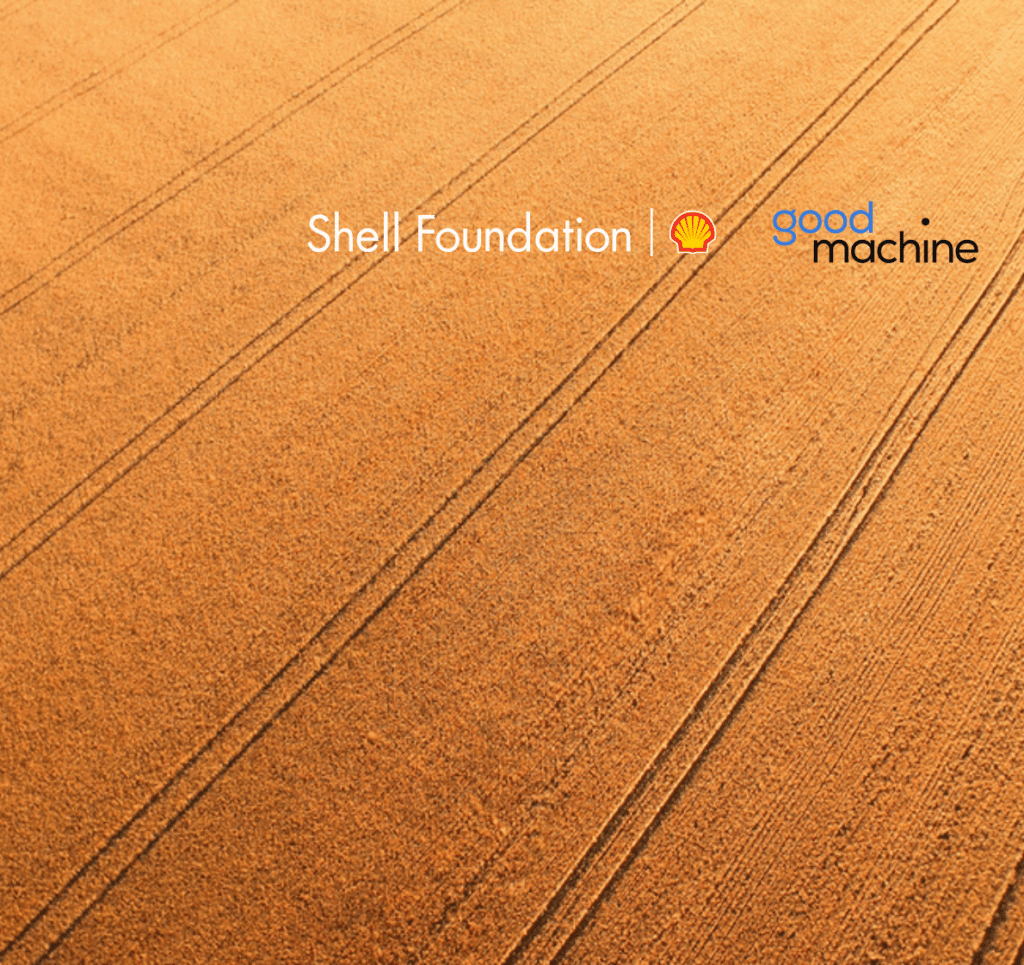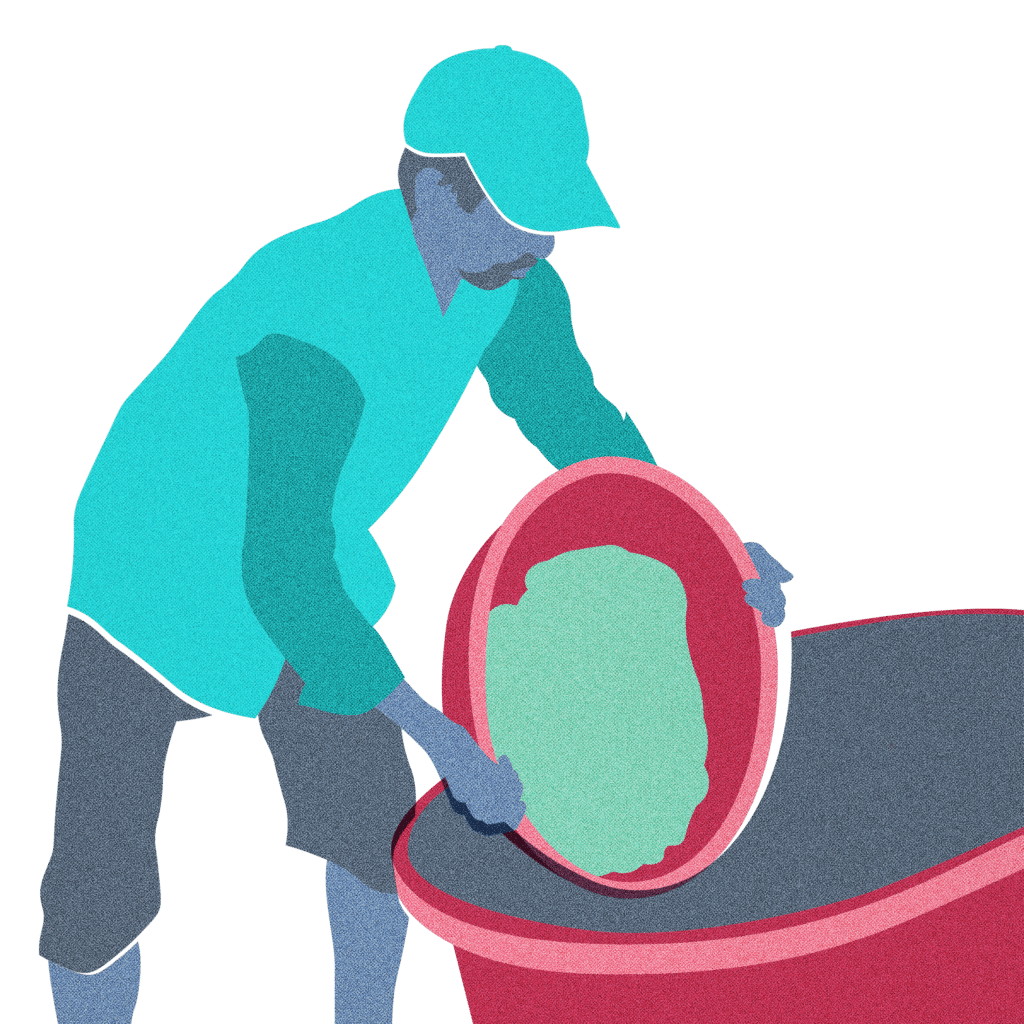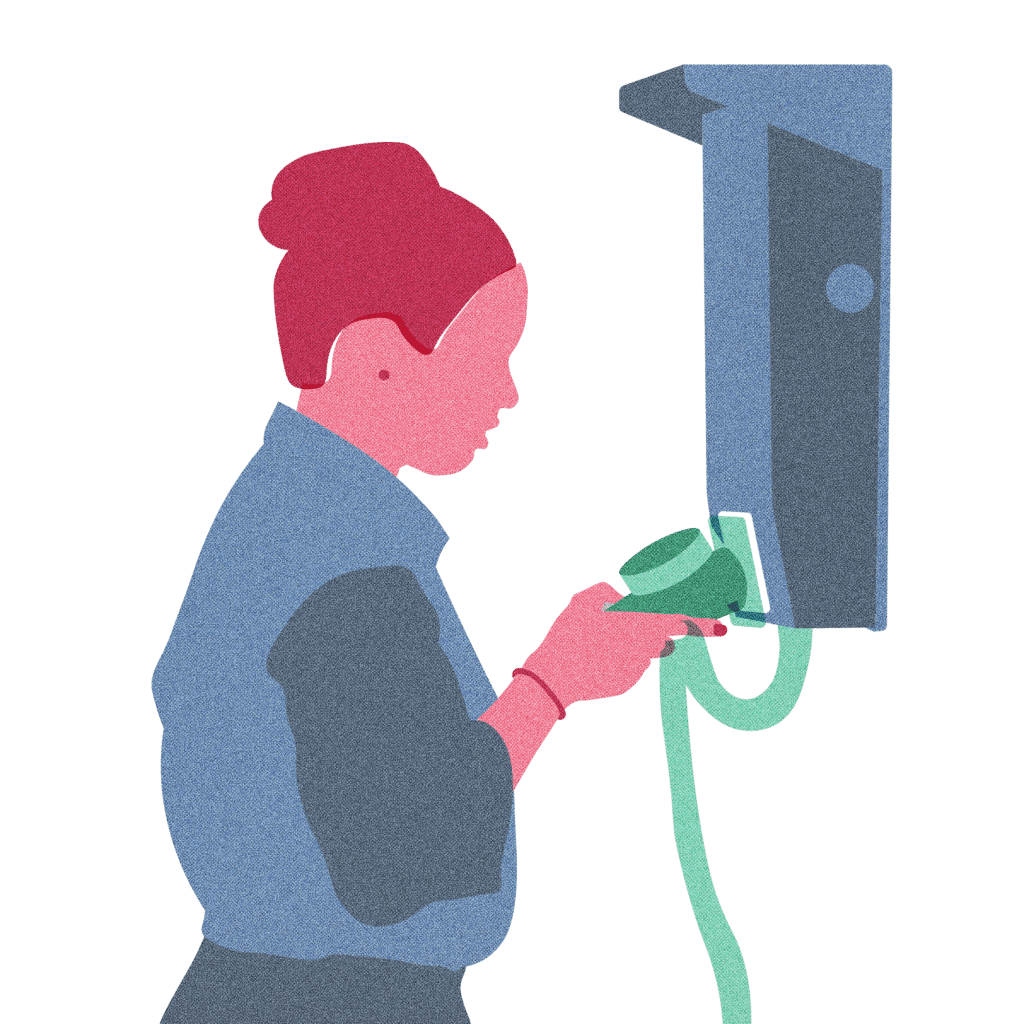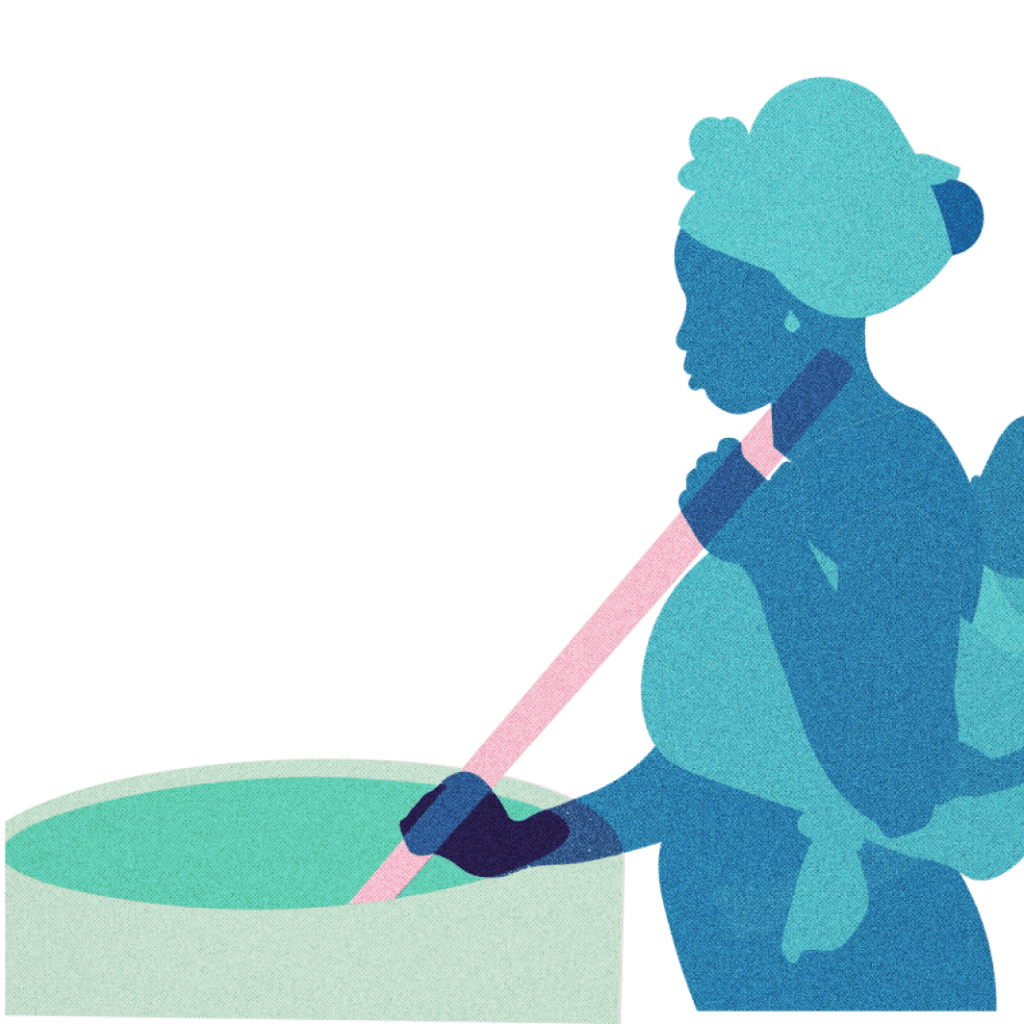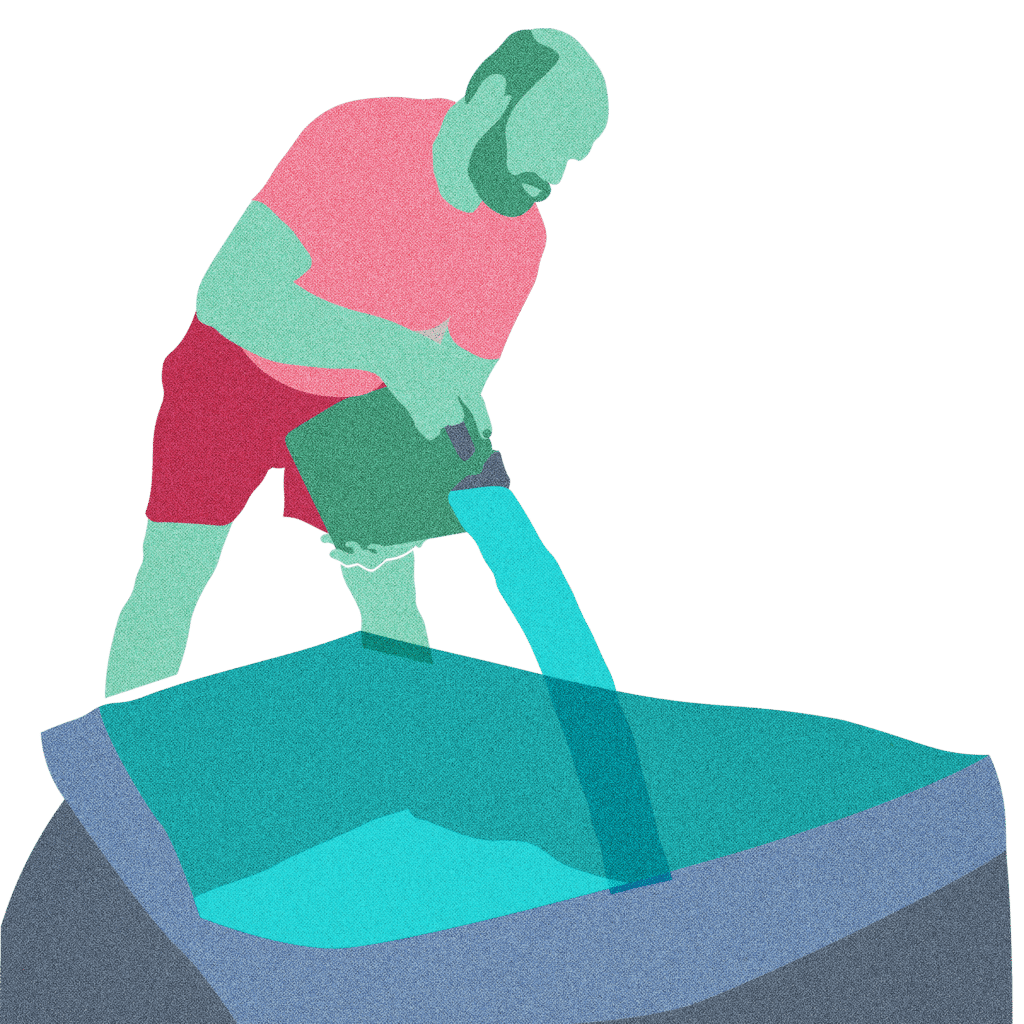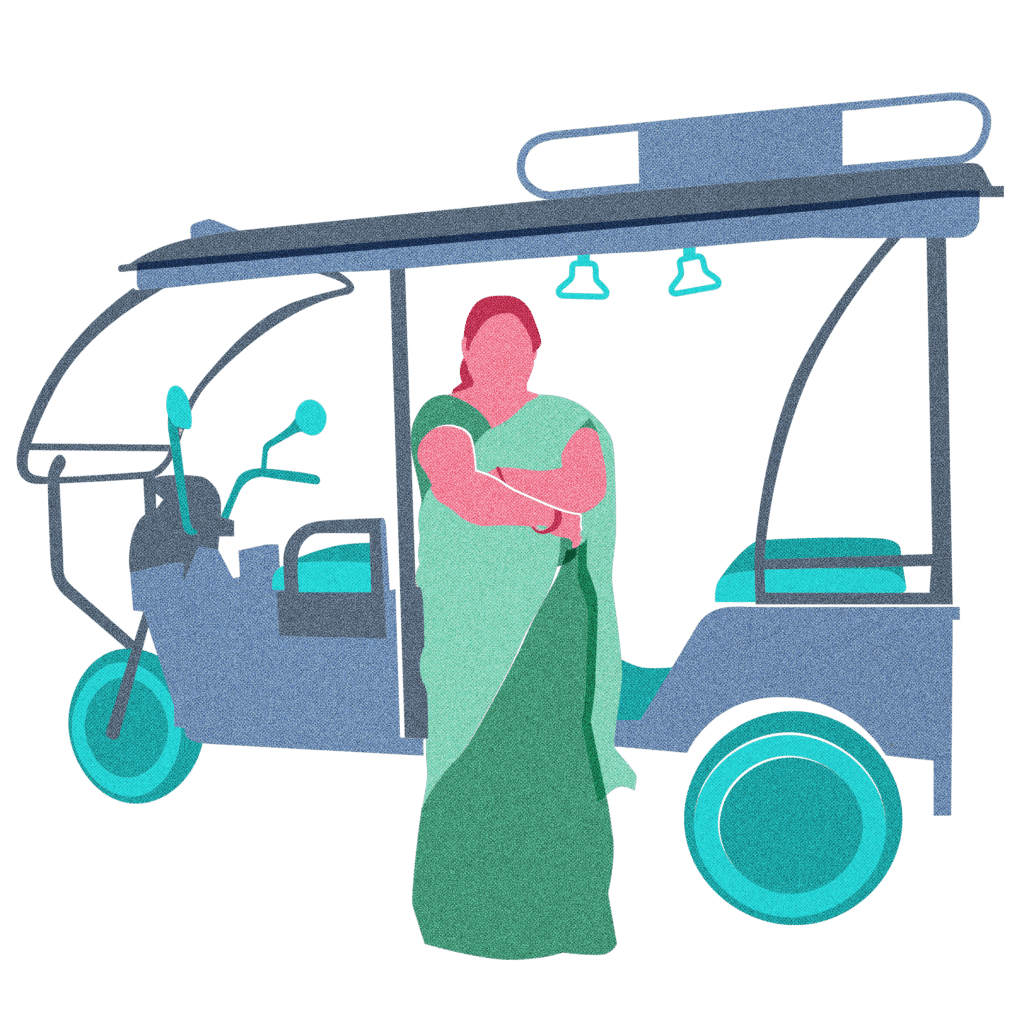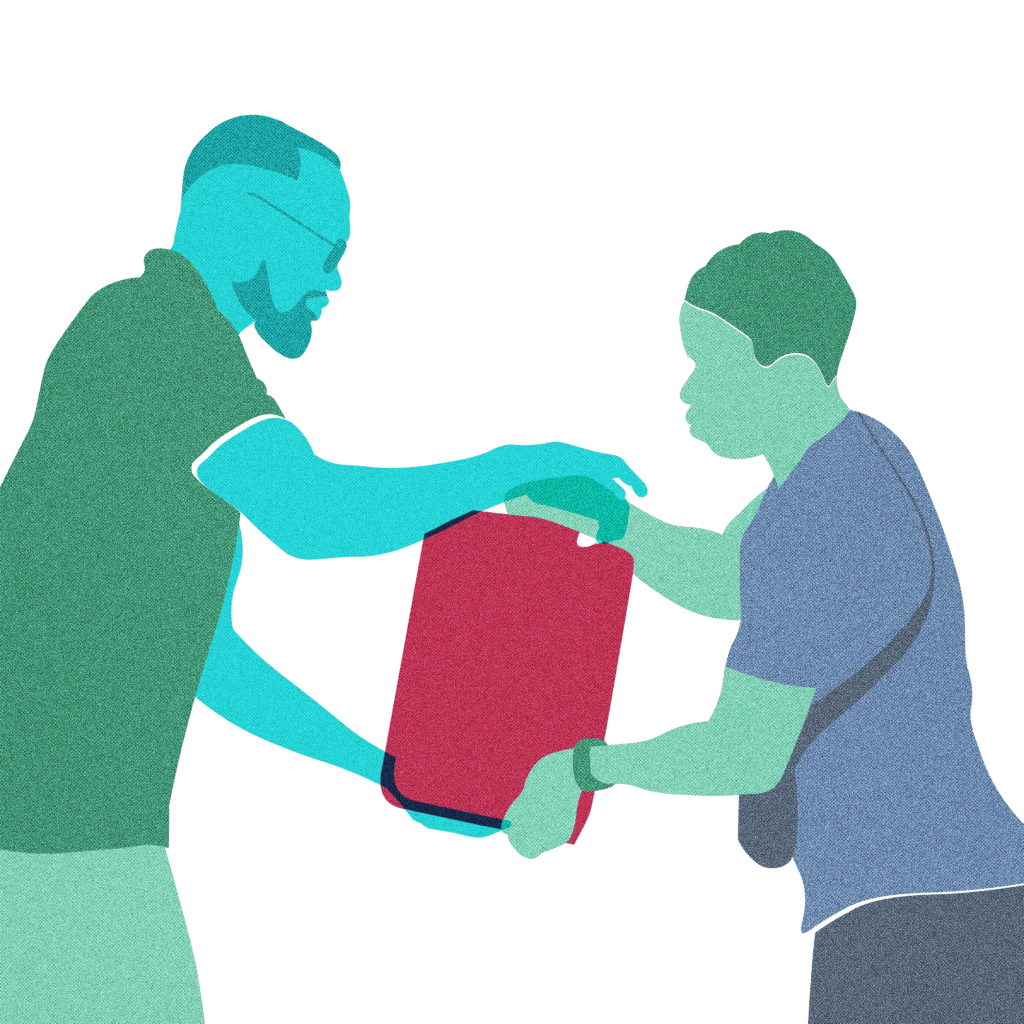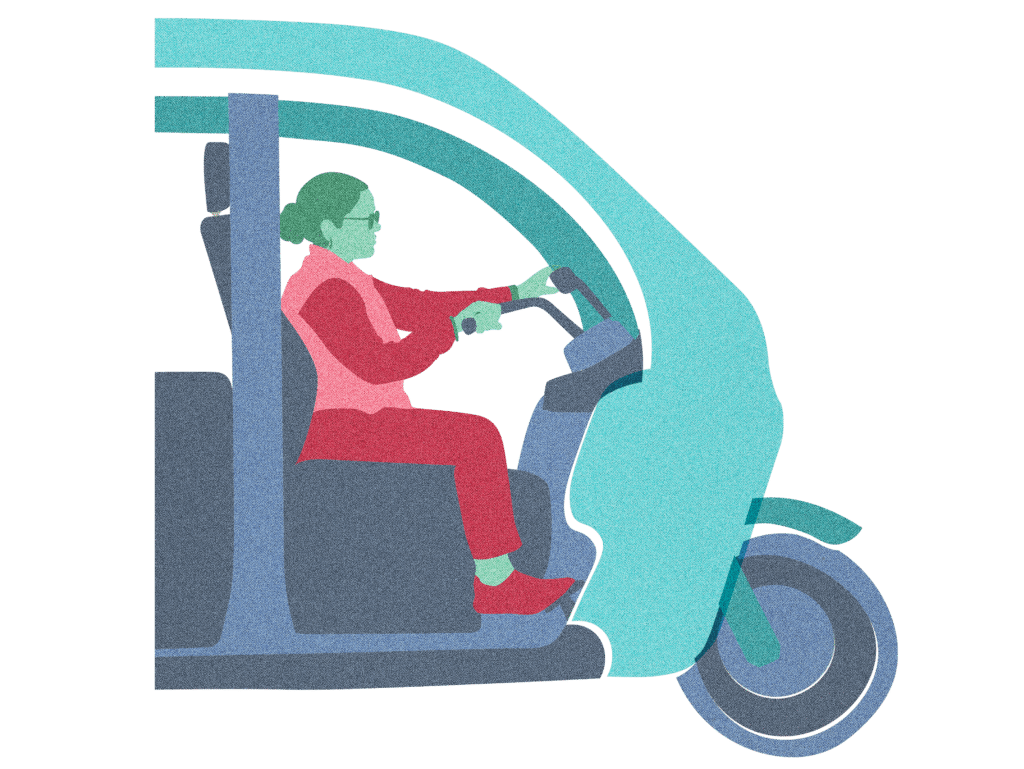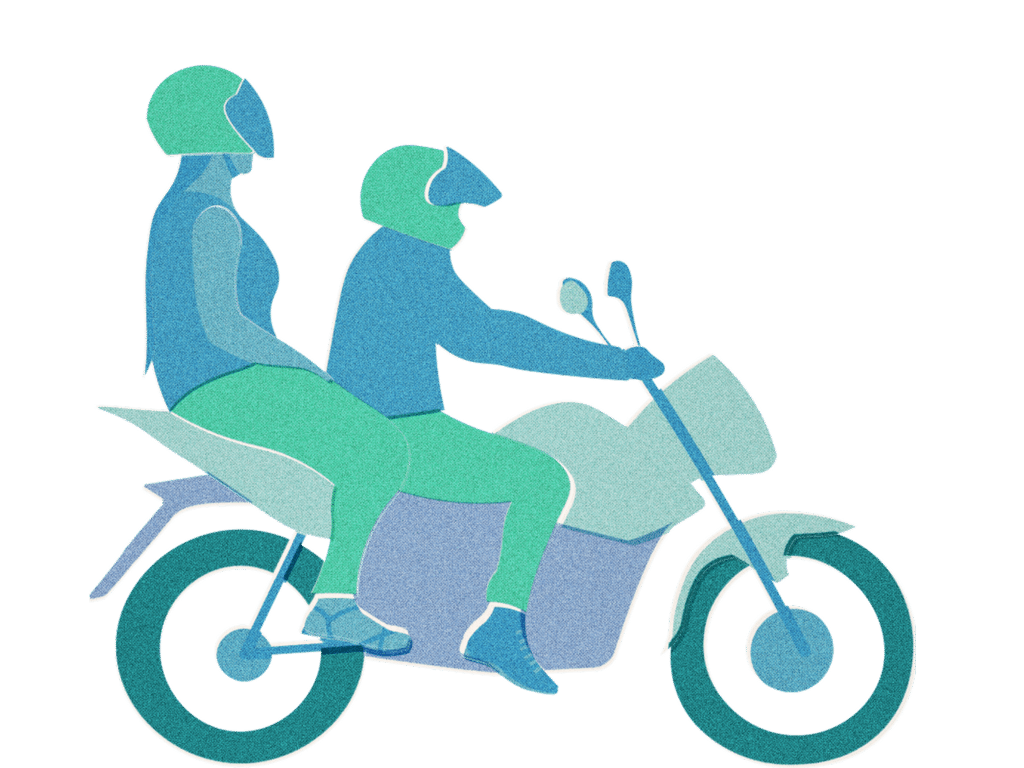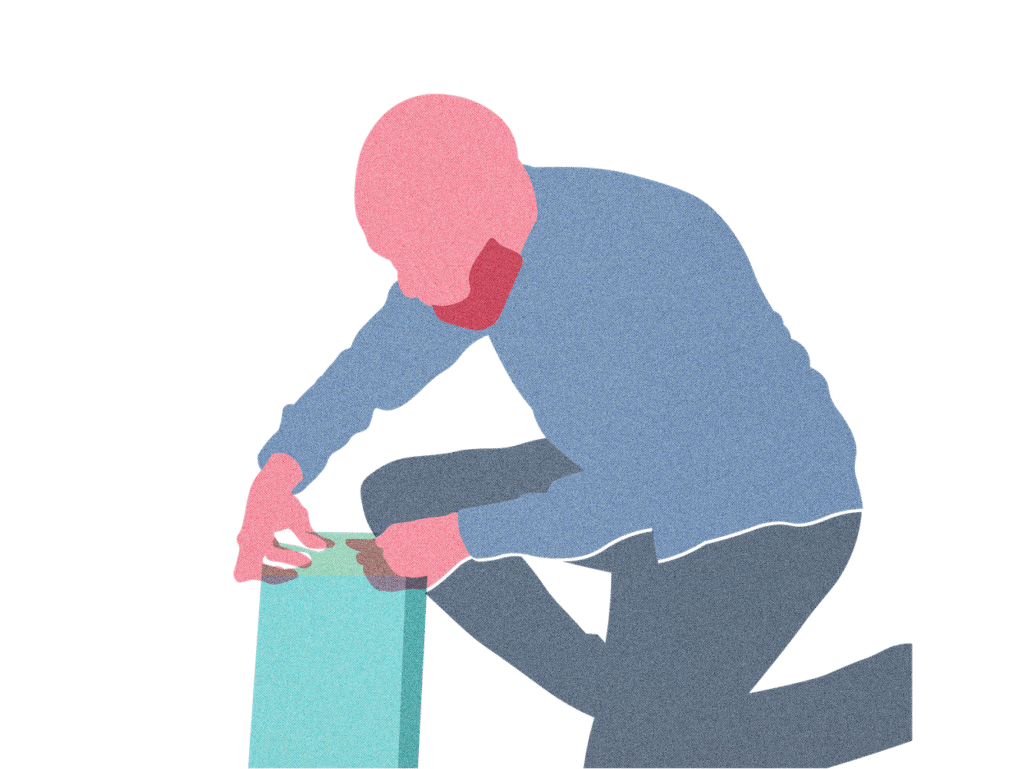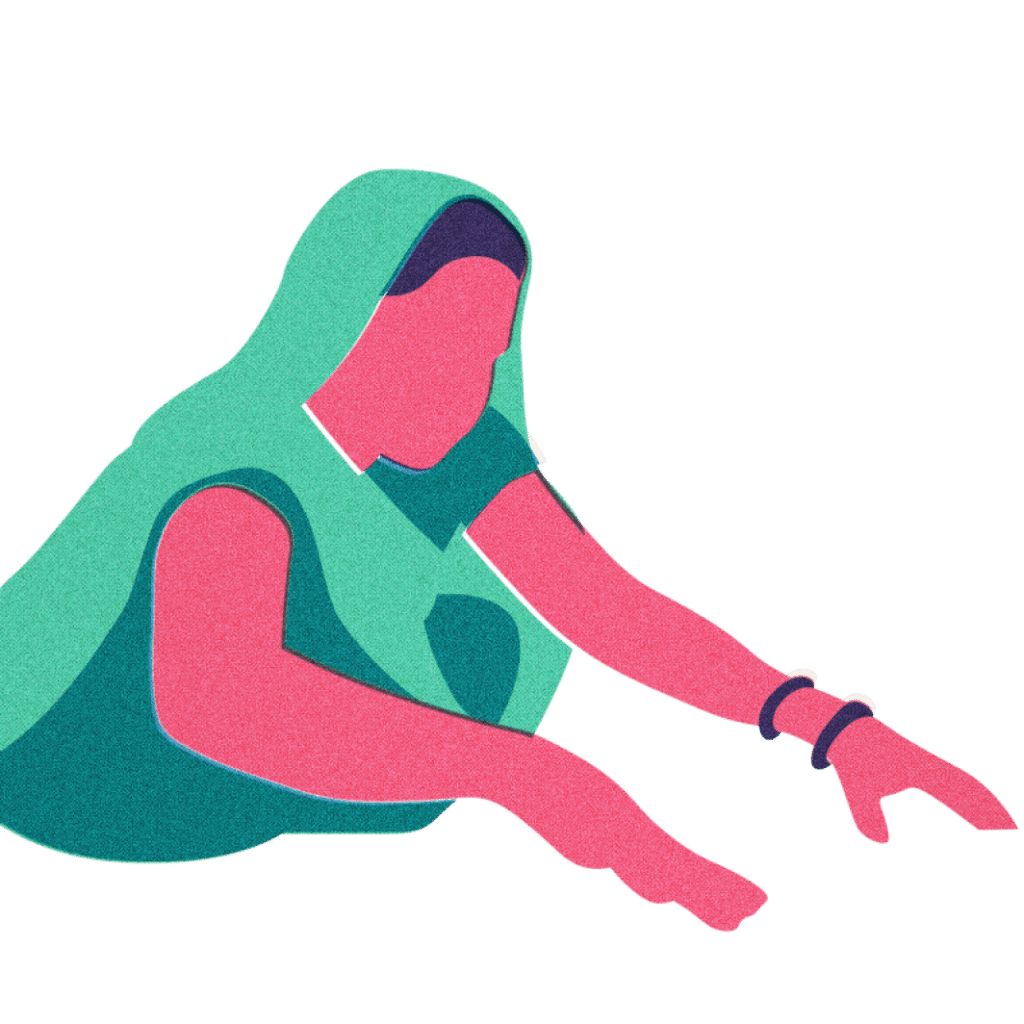
Investing in solutions for women and marginalised groups becomes a key strategic priority for next five years
- 50% of low-income women directly benefiting from clean energy solutions as opposed to being counted as indirect beneficiaries.
- 20% of our funding utilised exclusively to serving marginalised consumers; and
- When working with financial institutions across asset classes we will work to ensure more capital is allocated to gender-balanced, women-led and locally owned and led businesses.
To help us deliver this commitment, Shell Foundation has created a new position – Director of Solutions for Women and Marginalised Groups. Heidi Hafes has worked at SF for many years and for the past six years has established and pioneered our DE&I work.
We know women-led businesses are key agents of change to designing solutions that really serve women’s needs and that is why it is important to understand how to support more women entrepreneurs. Last week, Heidi spoke with two of the female entrepreneurs supported by SF to see what challenges they faced – and still do – on their road to success.
Heidi Hafes: Tell us how you ended up founding your business and what were the biggest challenges you had to overcome?
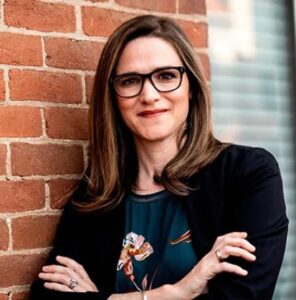
Emily McAteer, Co-Founder and CEO – Odyssey Energy Solutions: Before setting up Odyssey Energy Solutions, I had spent many years in the distributed renewable energy (DRE) industry and had developed a deep understanding of the sector and the incredible impact that it has on people who are able to access reliable electricity for the first time. However, there were many frictions in the sector impeding scale and it was daunting figuring out where to start. I also knew that given the sector and challenges we were tackling, traditional venture financing wasn’t the right type of funding for the early days of the business, so we had to operate extremely leanly and seek alternative sources of funding (like from the Shell Foundation!)
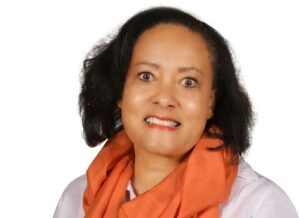
Veronique Su, Founder and Managing Director, adOpes Limited: In Kenya, Rwanda, Tanzania and Uganda 75% of the population farm for a living, many of them are women. Access to finance is a major barrier for these women so I joined with two fellow female entrepreneurs from Kenya and Switzerland to support the farming community.
adOpes is a Kenyan investment manager that runs the Microleasing Fund that finances productive assets for farmers and micro enterprises – such as energy, water, and transport equipment, and using them as collateral.
How do you think this funding gap can be addressed?
VS: Finance is a conservative sector in which women tend to be even less represented at decision making level than in other sectors. I think part of this is unconscious bias – both positive and negative and can be partly addressed by publicising the facts like what the volumes of investments going into which sectors are, within which continents and what proportion of that goes to female farmers, women led, or women founded enterprises.
EM:. I would suggest to women entrepreneurs and business leaders to explore every opportunity you are offered – even if some take you out of your comfort zone.
Why do you think women-led, or those with high proportions of women in leadership positions, outperform their counterparts?
EM: I believe that women may have a tendency to set a higher bar for themselves for even considering starting a business.. This might likely lead to better outcomes. I also, believe, however, that if there were more equal access to funding and equal numbers of women starting businesses then the stats would probably even out.
VS: I think women tend to be more careful and exact in interrogating their facts and data before making decisions. Also, women-led businesses are fewer in our part of the world and therefore more critically observed than their male counterparts. Women are natural multi-taskers as they typically have several roles such as professionals, wives and mothers that they manage simultaneously with diverse responsibilities involved. They will also consider a broader eco-system and build alliances in implementing strategies and business decisions.
How have you created a more inclusive business for women as staff, customers, end users etc. in your businesses?
VS: We recruit women where we have a male and a female candidate that equally fulfil the criteria. Most of the food consumed in East Africa is grown by women who do not have decision power over the outcome of their work. We champion the economic inclusion of these women. We should also support women led and women founded businesses at inception level with knowledge, tools and mentoring and champion geographical and sector-based women networks such as the Women In African Investment Group or Advancing Women in Investment and actively develop a lobby.
EM: From day one we’ve been focused on building an inclusive culture – not just for women, but for anyone on the team and those who interact with us. We are an incredibly diverse team from all over the world, so making sure everyone feels welcome and comfortable at work is foundational for us. We also have four to five company-wide engagements each week. Some are work focused, but many are more about getting to know each other as people and learning about different countries and cultures. We give everyone at the company a chance to speak up and share their story.
What advice would you give up- and coming female entrepreneurs in the sector?
EM: As I said before, make yourself and your business known to those that count. Talk on panels. The more time you spend talking on panels, the more panels you get to speak on. So get out there and shine, and don’t forget to hold the door open for the women a couple steps behind.
VS: I would say that if you are new to the sector, look toward the long-term; seek female mentoring in your sector and region – and join networks that can open doors for incubators and investment for you.
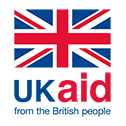
Shell Foundation has supported Odyssey since 2017 and AdOpes since 2022, with additional funding provided from UK Aid via both the Transforming Inclusive Energy Markets (TIME) and Catalysing Agriculture by Scaling Energy Ecosystems (CASEE) partnerships.
Latest news and updates
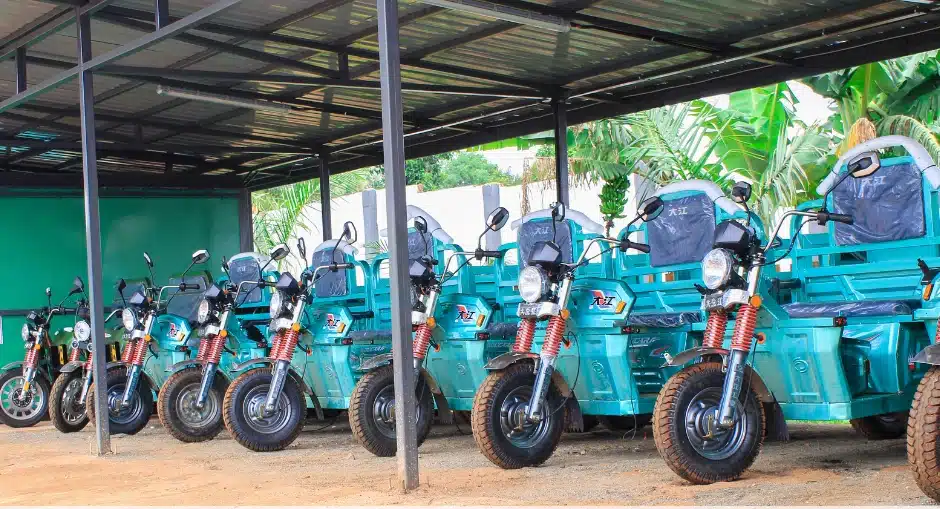
Shell Foundation and Accion open applications for ClimaFii Alliance second cohort
11th December 2025